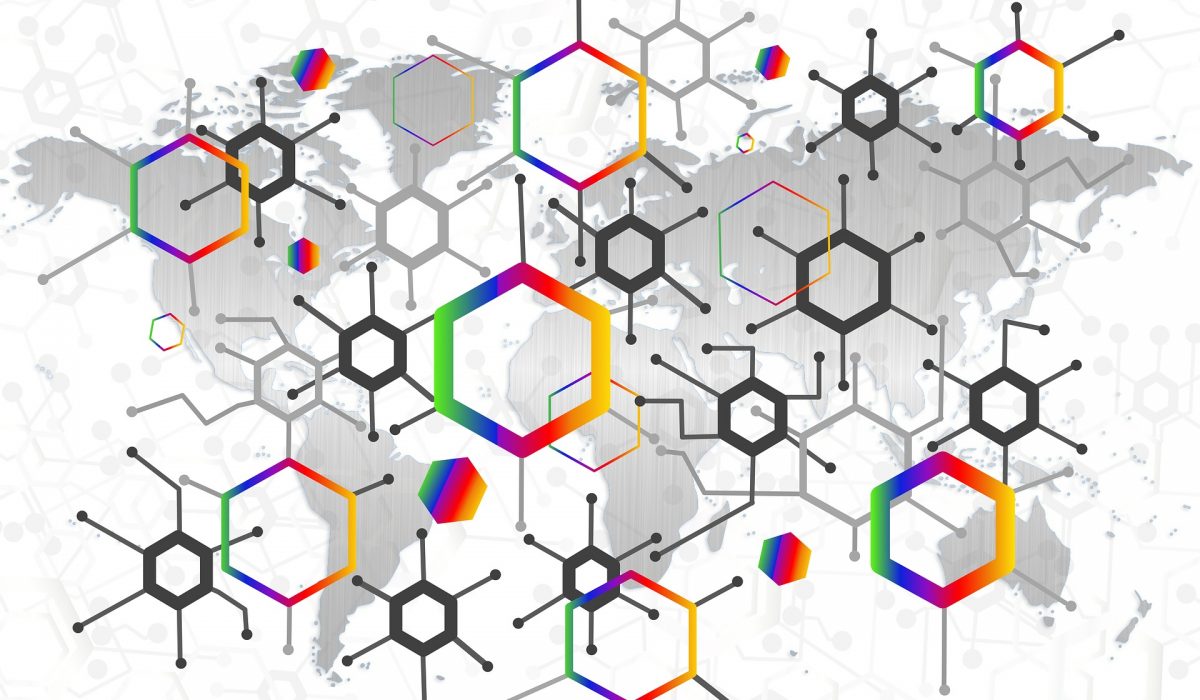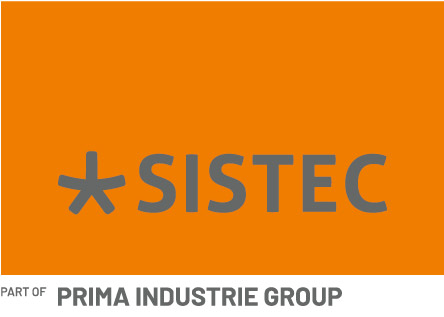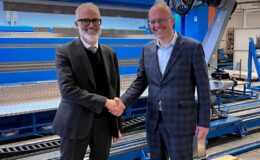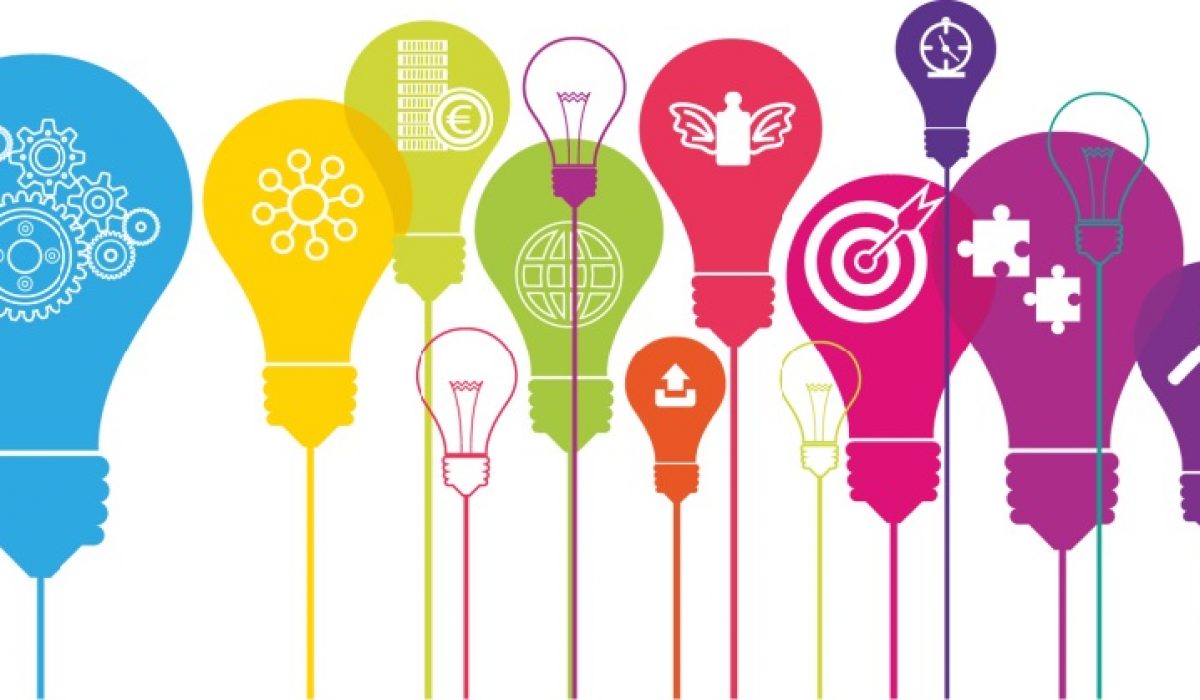
The term Industry 4.0 is the expression universally recognized for defining the “Fourth Industrial Revolution“.This expression has been used for the first time at the Hannover Fair 2011, in Germany, to point out and introduce a wide range of new technologies and new models of business in the Industry.
Advanced production systems, robotics, autonomous vehicles and “cobot“, are examples of enabling technologies of Industry 4.0, already available and often exploited in the market, that made the progress possible if they are used within a business environment context and may result to a significant increase of competitiveness for the stakeholders that are involved.
SISTEC has allowed the opportunities that the Fourth Industrial Revolution can offer. The mix of know-how acquired during the years, has enabled SISTEC, from 2008, to look for and to offer integrated solutions to its customers for the implementation of their projects. The rapid developments of the market have challenged SISTEC to adapt to the requests of its customers and to act as a single competent interlocutor so as to design and development the whole automated process plant. The integration of the manufacturing process by a single, well-established and expert company, allows customers to obtain a higher quality-products at lower costs.
The interconnection but also the data exchange with the existing production plants has allowed SISTEC to make the production processes manageable, analysable and to optimize production, costs and business strategies.
The technologies “enabling” individualized from the Boston Consulting are nine:
- Big Data and Analytics: in an Industry 4.0 context, the collection and comprehensive evaluation of data from many different sources and customer management systems will become standard to support real-time decision making.
- Advanced production Systems: autonomous vehicles, robots and co-bot to automate different processes with different budgets and programming skills.
- Simulation: simulations will be used more extensively in plant operations to leverage real-time data and mirror the physical world in a virtual model, which can include machines, products, and humans.
- Horizontal and Vertical System Integration: in Industry 4.0, companies, departments, functions, and capabilities will become much more cohesive, as cross-company, universal data-integration networks evolve and enable truly automated value chains.
- Internet of Things: more devices must be enriched with embedded computing. This will allow field devices to communicate and interact both with one another and with more centralized controllers, as necessary.
- CyberSecurity: in an Industry 4.0 context, secure and reliable communications, sophisticated identities and an access management of machines and users will be essential.
- Cloud: machine data and functionality will increasingly be deployed to the cloud, enabling more data-driven services for production systems.
- Additive Manufacturing: with Industry 4.0, additive-manufacturing methods will be often used to produce small batches of customized products.
- Augmented Reality: augmented-reality-based systems will support a variety of services.
In Italy these technologies are promoted by the Italian Technology Cluster “Intelligent Factories”, which SISTEC is Partner. CFI is an association that includes large and medium-small companies, universities and research centres, company associations and other stakeholders active in the advanced manufacturing sector.
The introduction of these technologies inside a new production plant but also in an existing one has already shown that Industry 4.0 is a paradigm of value, that is able to intervene on many aspects:
- To increase the efficiency of the production.
- To allow great flexibility.
- To improve the quality and the safety of the job environment.
- To encourage the process of preventive maintenance.
- To give greater added value to all the ancillary services.


















